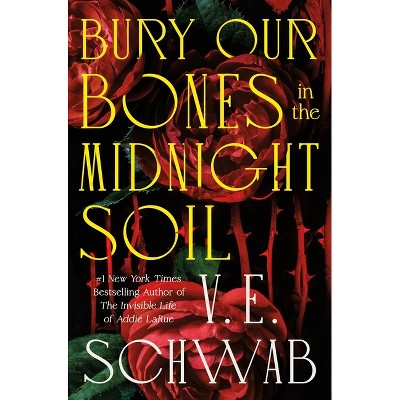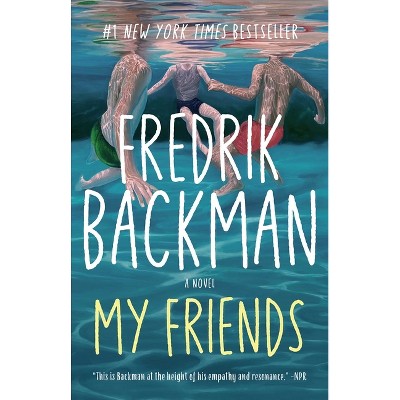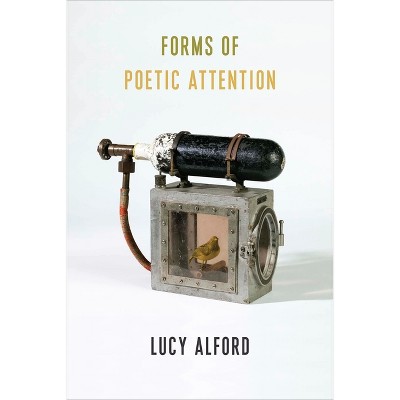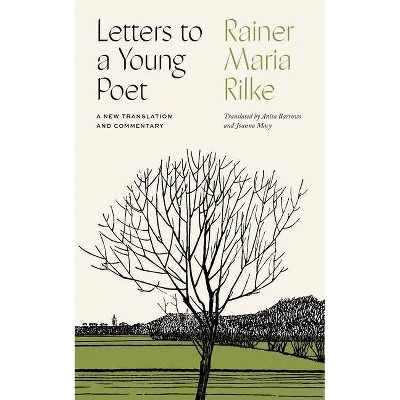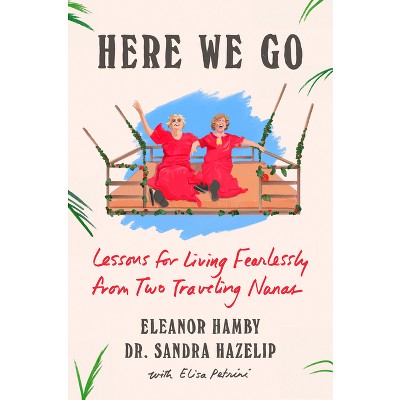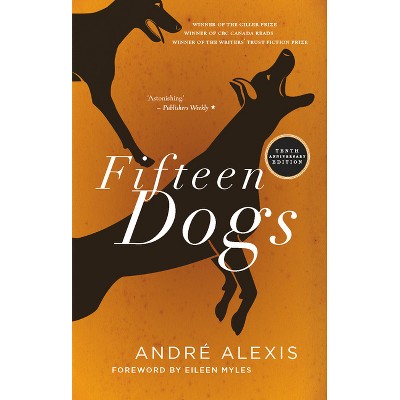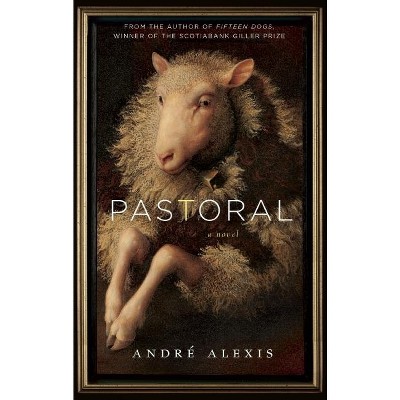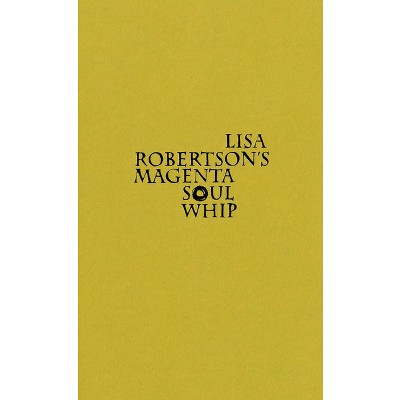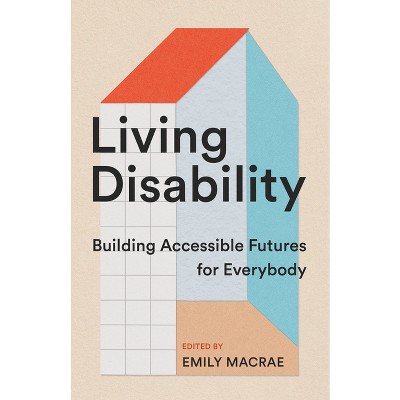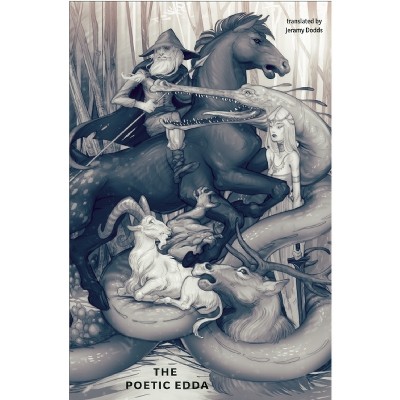Sponsored

Space - by Alexei Perry Cox (Paperback)
Pre-order
Sponsored
About this item
Highlights
- A Mad Libs-style project contends with poetry from Turtle Island and Palestinian writers and asks: How can you claim space for claiming these [spaces]?
- About the Author: Alexei Perry Cox is a writer and teacher and organizer.
- 96 Pages
- Poetry, Women Authors
Description
Book Synopsis
A Mad Libs-style project contends with poetry from Turtle Island and Palestinian writers and asks: How can you claim space for claiming these [spaces]?
Sourcing from the works of more than twenty Palestinian and Indigenous poets, SPACE: Lessons in Taking and Making brings to light the relationship between reader and writer, person and space. By working through the poems and removing words, first person(s) and place(s) and finally linguistic subjectives such as language, Cox uses the extracted words to create a word list, prompting the reader to fill in the blanks. The process presents theory-through-practice: collaborative and participatory composition methods that rely on intimate forms of engaging with Palestinian and Indigenous poetry writing and storytelling as qualitative research methods themselves.
Do you want to participate? Who and what are you accountable to? Should this be participatory work? At once playful and nostalgic, SPACE: Lessons in Taking and Making asks readers to consider their role in colonialism through their own instances of extraction and displacement.
Review Quotes
Praise for the Author:
Winner of the Vallum Award for Poetry for THE LONG STUDY
'Reading Alexei Perry Cox's PLACE for the first time I felt that rarest thing in poetry: the presence of a totally new voice. Or rather, I felt the presence of a totally new chorus of voices - brought together by Perry Cox - singing together in one language, in many languages, in Spanish, Arabic, English, Farsi, French, Mandarin, in joy, terror, history, beauty, physics, family, land. It's a wildly ambitious book, and the miracle is how boldly, capably, it charges into its ambitions, meeting them, often (impossibly!) exceeding them. Perry Cox writes, 'All my blood does is run headlong into life;' then she shows us.' - Kaveh Akbar, author of Martyr!
'[PLACE's] poetics of resistance moves between disillusionment and enchantment to ask: what can we do? How to gather, and with what materials? It's about sustenance, both physical and spiritual. [B]y balancing contradiction, Perry Cox points to the relational nature of all things. In our conversation, I can't help but point out the difficulty in this. She nods; "it's ambitious to recognize the cells of yourself, the parts that are everything." But necessary - by emphasizing this connective tissue, PLACE offers radical, strategic, and intuitive ways of being, where "what is beautiful, is revolutionary" and where "Revolution just is."' - Emma Telaro, Montreal Review of Books
'In the author's second full-length prose poetry collection, Perry Cox's inquisitive nature shines through. In PLACE, the disciplines of language, anthropology, philosophy, history, and geography converge. Perry Cox embarks on an audacious journey to engage with these various fields through poetics in order to re-imagine a world that has been unscathed by colonialism, moral corruption, and forced exile.' - Ashley Fish-Robertson, ROOM Magazine
'Alexei Perry Cox leans into philosophy, linguistics, history - both recovered and imagined - and geography in an effort to understand herself, to place herself. Ghosts across time and language translate and retranslate themselves into a multi-lingual lyric weave. It's global poetry, sophisticated in thinking and structure and construction but raw and immediate in its import and impact.' - Kazim Ali on PLACE
'Cross out 'place, ' and think instead of what sort of poetics may emerge from unceded, stolen, or lost land. Alexei Perry Cox's new powerful collection is written from a place that isn't one; a site that eludes borders. A diasporic and anti-nationalistic locus that insists on summoning ghosts. Perry Cox dexterously orchestrates multilingual conversations between historical and contemporary figures via citation and translation--two inherently relational practices. Revolutionary archives are re-organized into formally intricate poems, reminding us that '... embracing a newfound freedom is embracing the freedom to imagine it' (Rinaldo Walcott cited by Alexei Perry Cox). What results is an associative and at times dreamlike linguistic terrain capacious enough to hold the trying nature of revolutionary hope. In the company of so many, Alexei invites us to join an assembly in which imagining another form of citizenry together is momentarily possible.' - Mirene Arsanios, author of The Autobiography of a Language, on PLACE
About the Author
Alexei Perry Cox is a writer and teacher and organizer. Her poetry collection, PLACE, (Noemi Press, 2022) and her novella To Garden: To Grave (Ditto Ditto, 2024) have received critical acclaim. She is the author of the full-length poetry collection Under Her (Insomniac Press, 2015) and three chapbooks: Finding Places to Make Places (Vallum, 2019), Revolution/Re: Evolution (Gap Riot Press, 2020), and Night 3 اليوم الرابع (Centre for Expanded Poetics, 2021). Her work been featured in journals such as Denver Quarterly, Journal Safar, Moko Magazine, Arc Poetry Magazine and many others.
Shipping details
Return details
Frequently bought together
Trending Book Pre-Orders



